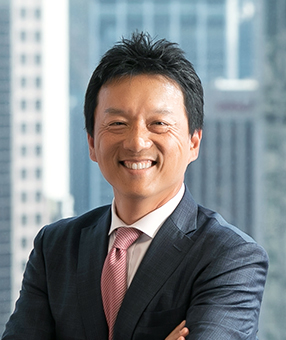The KIPO examination guidelines for selection invention were recently revised to reflect the Patent Court's Eliquis decision (2018 Heo 2717). Specifically, if a teaching away from the selection invention existed, or a reasonable link between the species and genus (in the Court's words: "details that can be expanded to the species concept of the invention by generalizing to the genus concept of the prior art") did not exist, the guidelines state that inventiveness should now be assessed under the same criteria as regular (i.e. non-selection) inventions. Further, the guidelines support that the tougher specification description requirement applying to selection inventions should also be relaxed in the above situation.
Korea has applied very tough standards for any invention in a species-genus relationship with prior art (i.e. selection inventions), only reviewing its working effect for inventiveness (not whether the invention was actually difficult to arrive at). These effects must also be specifically and quantitatively described in the patent. This made inventiveness very difficult to defend, even where it was clearly difficult to select the species invention from the genus prior art or the invention brought surprising benefits. The above has also been criticized by many observers as being unduly harsh.
The above KIPO guideline revision (reflecting the Eliquis Patent Court decision) is significant in opening the door for some selection inventions to be assessed under the same criteria as general inventions. However, since the Eliquis decision still ruled against patent validity and is on appeal before the Supreme Court, the final boundaries of this legal principle have not yet been defined. We expect the Supreme Court to provide further clarity on the Patent Court's reasoning, specifically the scope of selection inventions which should benefit from its criteria. Kim & Chang is representing the patentee BMS in the above Supreme Court appeal.
Related Topics






